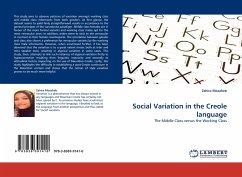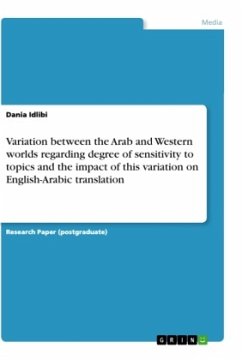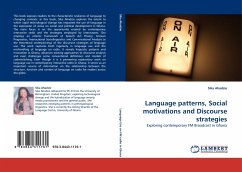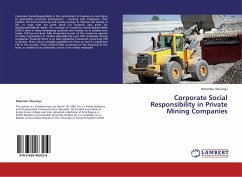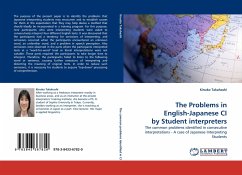This study aims to observe patterns of variation amongst working class and middle class informants from both genders. At first glance, the dataset seems to yield fairly straightforward results in accordance to the general precepts of the variationist paradigm. Middle class females are in favour of the more formal variants and working class males opt for the most vernacular ones. In addition, males seem to stick to the vernacular in contrast to their female counterparts. The correlation between gender and class also shows a preference for vernacular variants by the working class male informants. However, when scrutinised further, it has been observed that the variation is to a great extent erratic both at inter and intra speaker level, resulting in atypical variation in some cases. This study, then, attempts to link such instances of atypical variation firstly to hypercorrection resulting from linguistic insecurity and secondly to attitudinal factors impacting on the use of Mauritian Creole. Lastly, this study highlights the difficulty in establishing a post-Creole continuum in the Mauritian context and shows that the notion of style variation proves to be much more helpful.
Bitte wählen Sie Ihr Anliegen aus.
Rechnungen
Retourenschein anfordern
Bestellstatus
Storno

